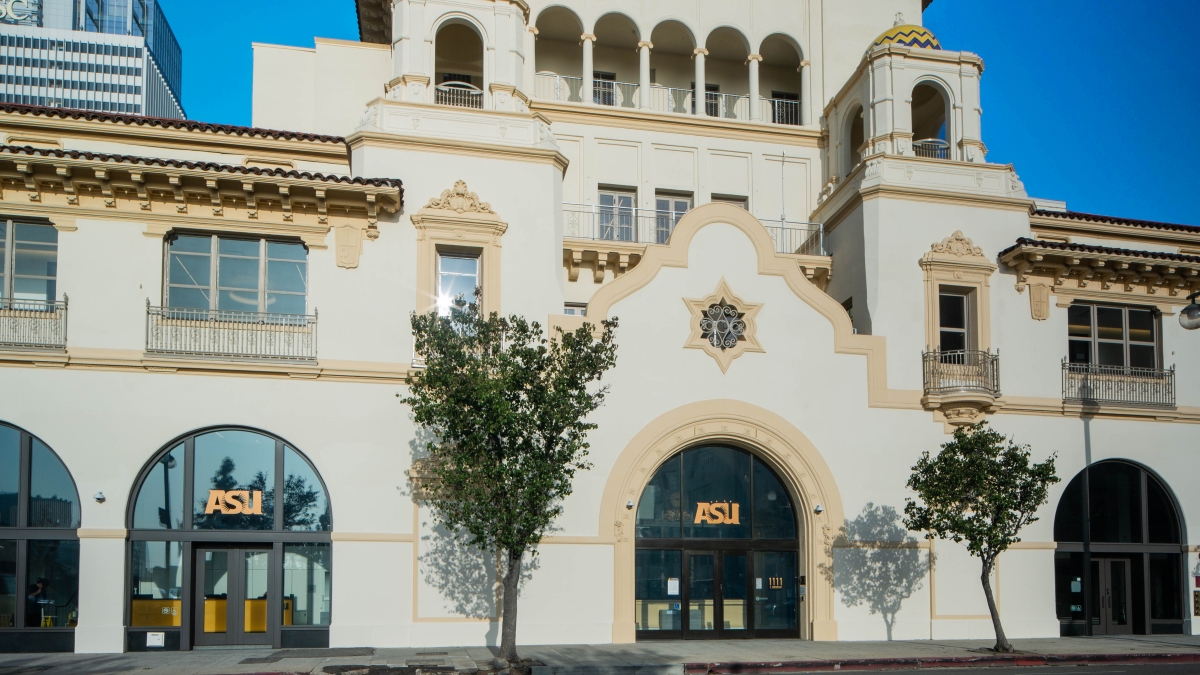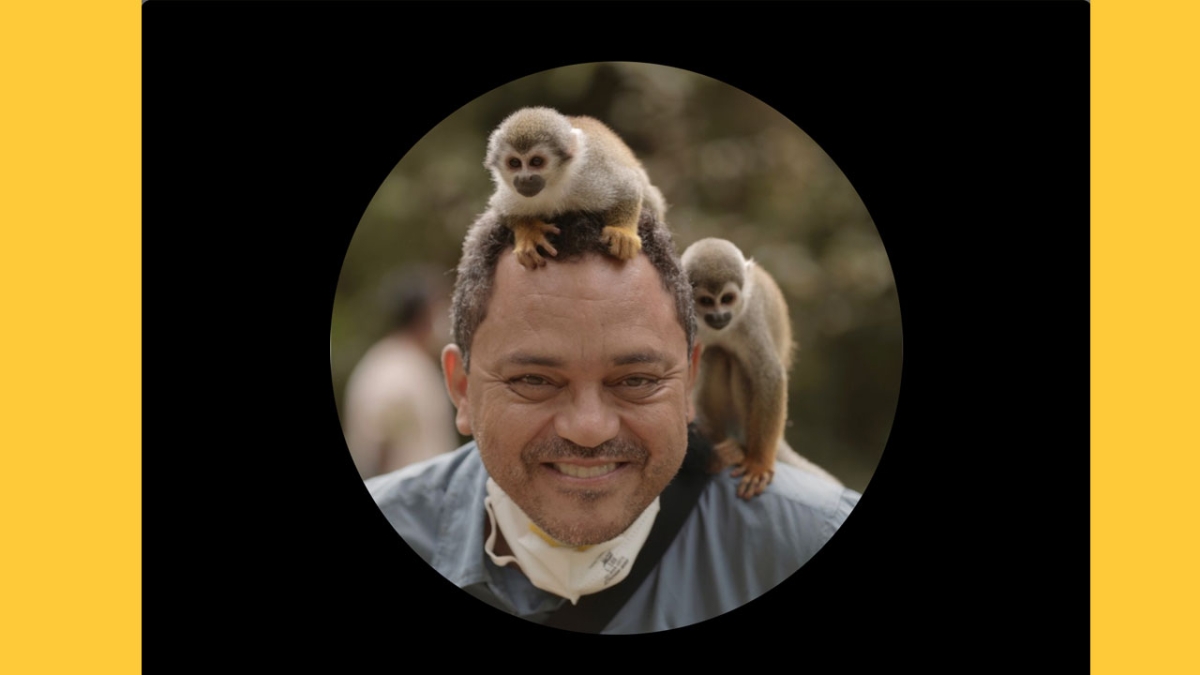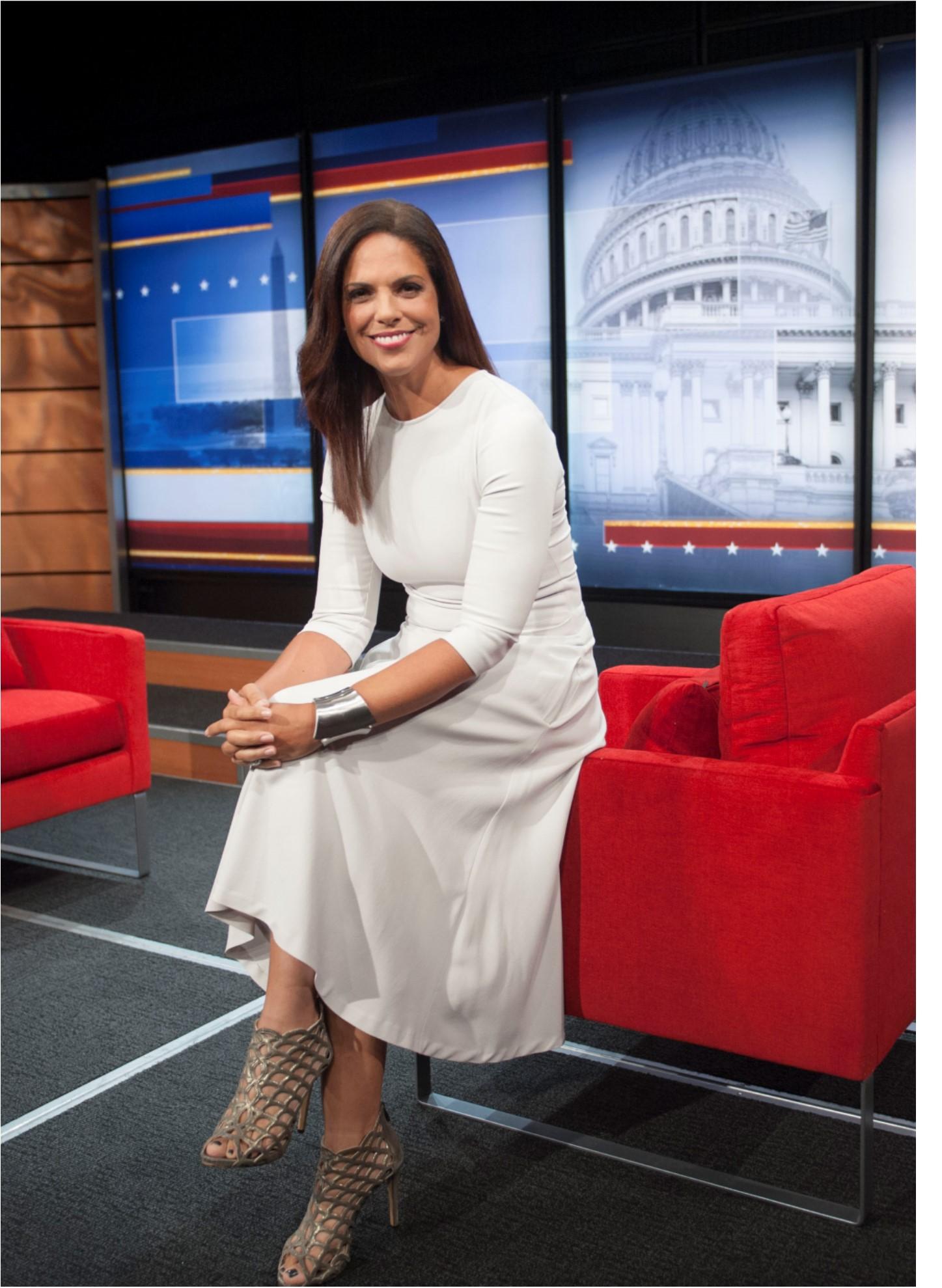Soledad O'Brien to deliver ASU lecture on importance of participatory democracy

Soledad O'Brien
The 2016 U.S. presidential election saw voter turnout at its lowest point in two decades, a fact that internationally recognized journalist Soledad O’Brien called “appalling.”
On Saturday, the Emmy-winning O’Brien will share more of her thoughts about participatory democracy at the ASU Center for the Study of Race and Democracy’s Delivering Democracy Lecture 2017 at Pilgrim Rest Baptist Church in downtown Phoenix.
In her career, O’Brien has anchored several daily and weekly news programs and hosted a pair of CNN documentary series that dealt directly with race, “Black in America” and “Latino in America.” In September, she became the host of “Matter of Fact,” which focuses on alternative views on top issues.
As a woman uniquely suited to discussing both race and democracy, ASU Now reached out to O’Brien to get her perspective on these and other related issues ahead of this weekend's lecture.
Question: How did your own multicultural background O'Brien identifies as black, Cuban, Australian and Irish. come into play as the host of the CNN documentary series “Black in America” and “Latino in America”?
Answer: I did feel that having a multicultural background was very important. There was a lot to cover objectively, so I felt like being both an outsider [as a member of the press] and an insider was a really good thing.
Q: Throughout the past several years, we’ve been bombarded with news stories about police violence toward African-Americans in particular, and even what some would call sanctioned racial profiling, with the passage of bills like SB 1070 and the more recent immigration bans. So there’s a lot to contend with — what would you say is the most pressing concern for racial minorities in America right now?
A: I think the most important issue, which is actually not very sexy, is disenfranchising voters. At the end of the day, if you really think about it, voting is one of most important rights a citizen can have. GerrymanderingGerrymandering is the manipulation of the boundaries of an electoral constituency so as to favor one party or class. is also a big issue. They’re sort of nerdy, boring issues that are absolutely essential to a good democracy. Rarely have people been seen marching in the streets over gerrymandering or over voter disenfranchisement. But they’re really critical. And solvable. We have to figure out how to get people to the polls.
Q: Why don’t people vote?
A: This is something we see every election cycle, there are a whole bunch of people who don’t go vote. It’s appalling that people don’t vote. A lot of people don’t vote because they’re not organized; maybe they don’t have all their documents together. Some people don’t vote because they’re too lazy or too busy. And then sometimes they just can’t.
Q: How important is the role of the press in a healthy democracy?
A: It’s critical. I think the press is like the canary in the coal mine. When the person in charge is trying to squelch the press, they’re keeping an eye on things.
Q: Does the current administration’s attitude toward the press concern you?
A: I think the press has been invigorated in a lot of ways by Donald Trump’s treatment of them. He, himself, is conflicted; he both maligns the press and uses the press. But I think the press has really risen to the challenge after Donald Trump made it very clear he thinks the press is the enemy the people.
Free tickets are required to attend O’Brien’s lecture at 4 p.m. Saturday; click here for more information. Before the lecture, there will be a Community Resource Fair from 1:30-3:30 p.m. featuring a variety of organizations such as the College of Integrative Sciences and Arts admissions team, the ACLU, the Anti-Defamation League, after-school programs and more. The resource fair is being coordinated by the Center for the Study of Race and Democracy.
More Law, journalism and politics

ASU Law students gain vital experience through Los Angeles location
Students at the Sandra Day O’Connor College of Law at Arizona State University may be concentrated in the school’s downtown Phoenix headquarters, but they have more choices than ever when it comes to…

Where AI and property law intersect
Artificial intelligence is a powerful tool that has the potential to be used to revolutionize education, creativity, everyday life and more. But as society begins to harness this technology and its…

Distinguished filmmaker to focus on media in Indigenous communities at ASU Cronkite School
By Lauren Boykins Renowned documentary filmmaker Marcos Colón will join Arizona State University’s Walter Cronkite School of Journalism and Mass Communication in the fall as the school’s Southwest…
